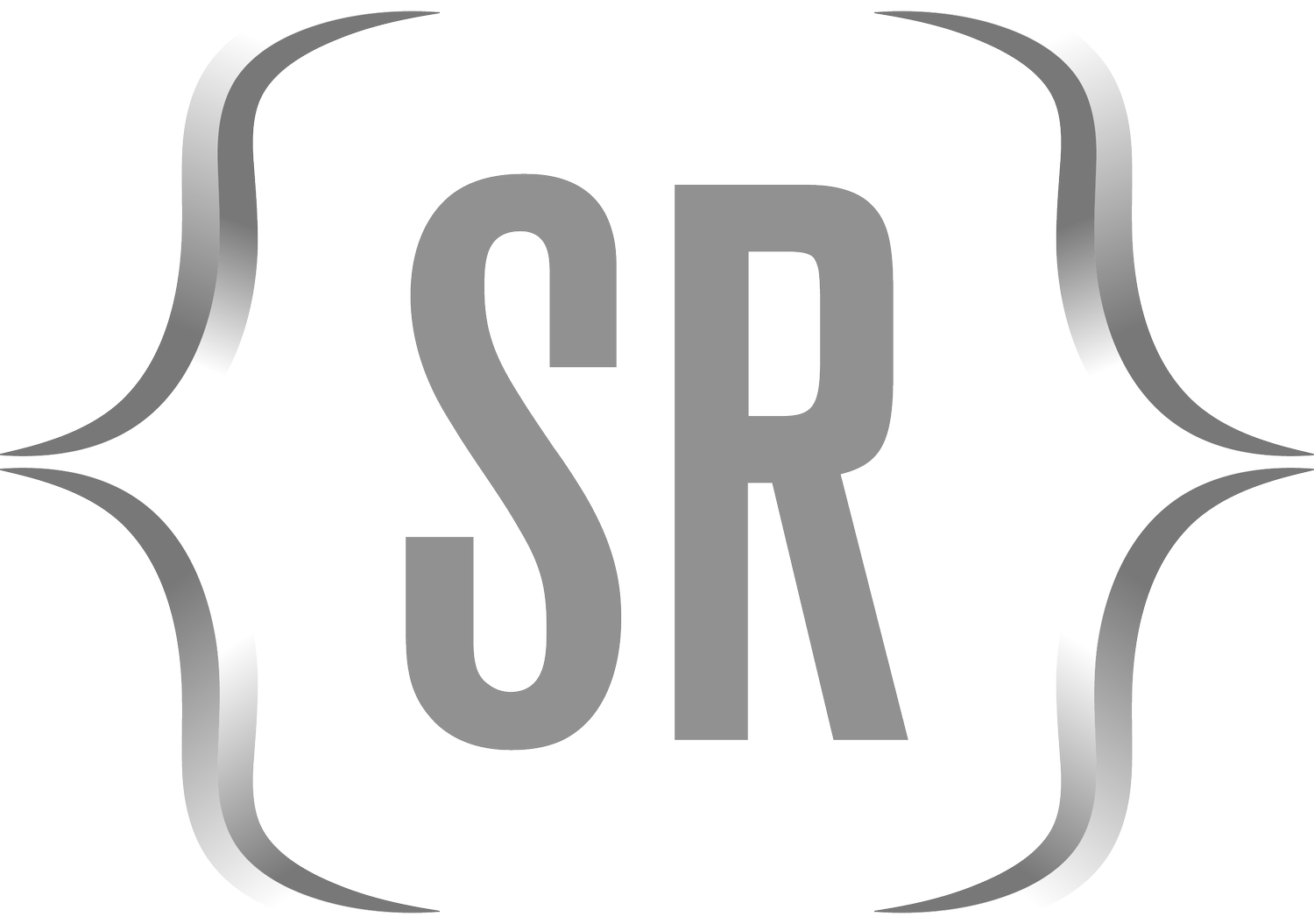The “count” Function in R
Package: dplyr
Purpose: To count the frequency of each unique value in a variable.
General Class: Data Manipulation
Required Argument(s):
data: The data frame containing the variable to count.
Notable Optional Arguments:
...: Columns to group by for counting.
Example (with Explanation):
# Load necessary packages
library(dplyr)
# Create a sample data frame
data <- data.frame(
ID = c(1, 2, 3, 4, 5),
category = c("A", "B", "A", "C", "B")
)
# Count the frequency of each category
result <- data %>%
count(category)
# Display the result
print(result)In this example, the count function from the dplyr package is used to count the frequency of each unique category in the ‘category’ column of the sample data frame data. The result is a new data frame result with two columns: ‘category’, containing the unique categories, and ‘n’, containing the frequency of each category.
